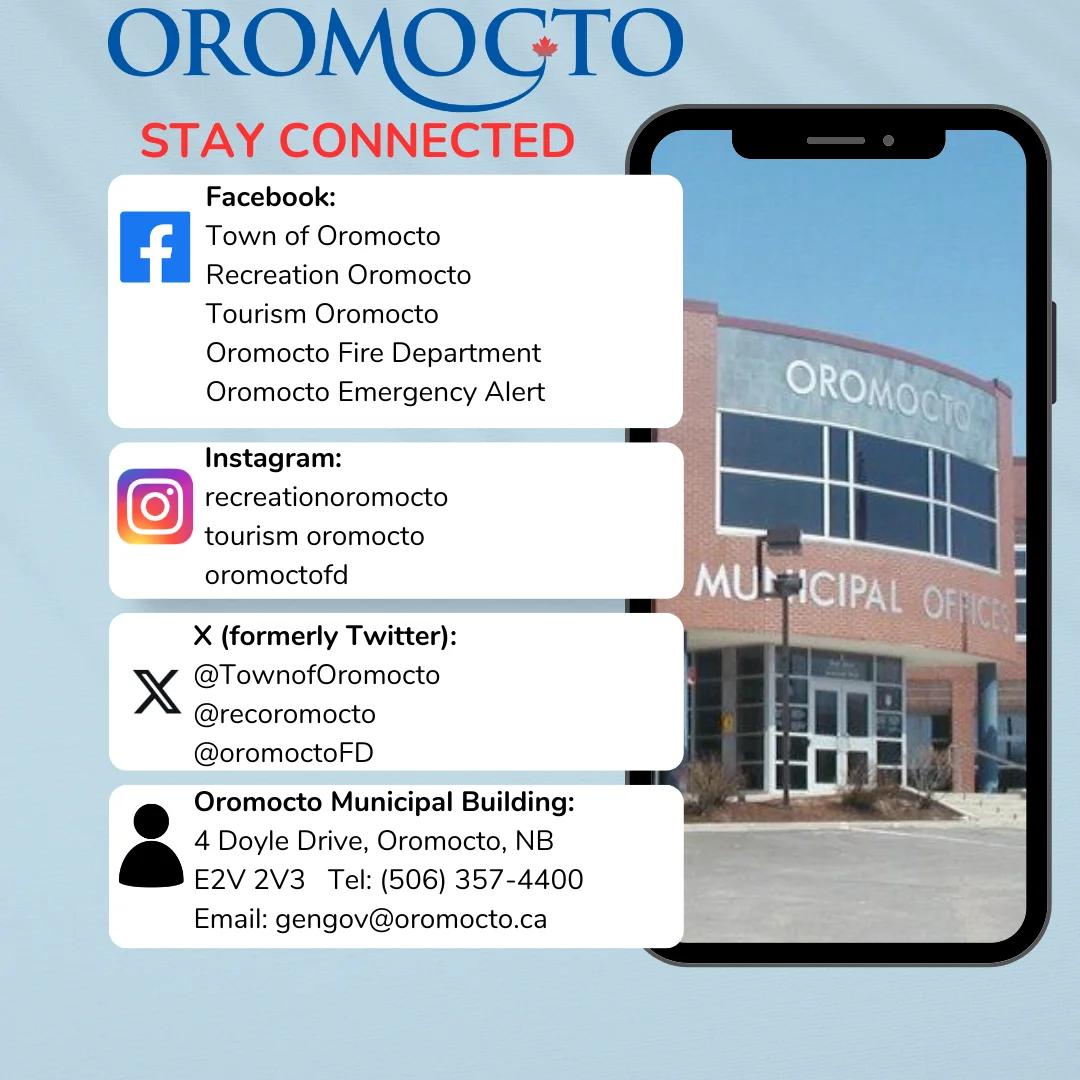
New Brunswick's Beverage Containers Program was put in place to reduce the amount of waste which goes to our landfills, or ends up being littered along our roadsides and waterways. Several other provinces and American states also operate beverage container programs. There are currently 78 beverage container redemption centres processing approximately 300 million empty beverage containers annually. For more information about this provincial program, please click here.
Local Redemption Centres
Two local redemption centres are operated by Resource Recovery Inc - 70 Timothy Avenue, Hanwell, NB E3C 2B8 (506) 450-9247 Email: southside_redemption@hotmail.com. The centres provide beverage container redemption services and they also accept household paint and spray paint for recycling which must be in original containers with labels on. They also accept E Waste such as computers and components, tvs and components and phones. For more information, click here.
Another centre is operated by Best Metals Bottle Exchange, 320 Wilsey Road, Fredericton Industrial Park, full drive thru service (506) 453-1020.
Locations
Oromocto - Tri-R Redemption Centre (1997) located at 16 Lewis Street, Oromocto, NB Offers full-drive thru service centre. Accesible loading door to accommodate bottle drives as well. Accepts food grade glass bottles/jars for recycling.
Fredericton Area - Southside Redemption Centre located at 70 Timothy Avenue South, Hanwell, Northside Redemption Centre is located at 213 MacFarlane Street, Fredericton and Best Metals Bottle Exchange, 320 Wilsey Road, Fredericton Industrial Park.
Learn about Managing Waste Reduction Programs and providing environmental stewardship at Recycle NB
Organics Management (remaining content taken from the Guide to Waste Reduction webpage)
The Town of Oromocto is a world-class leader in organics management. There are two different types of responsible organic management anaerobic and aerobic:
ANAEROBIC (Landfill Gas)
WHAT IS LANDFILL GAS PROGRAM? This green project takes the harmful greenhouse gas methane, produced from decomposing garbage in the landfill, and turns it into a green renewable energy source for the people of New Brunswick. In partnership with the Fredericton Region Solid Waste Commission, the landfill gas management program is mostly invisible to our residents. This program directly targets methane and CO2 creating green electricity. It is Canada's first UN Clean Development offset project and the first New Brunswick landfill gas project. This program is also the largest NB Power embedded energy source and smart grid development partner.
HOW DOES IT WORK? Landfill gas is created when garbage decomposes in the landfill. The most abundant and important gas emitted is methane. An odourless gas, methane is a potent greenhouse gas (much more powerful than carbon dioxide) and when combined with an organic compound called a thiol, it produces an unpleasant odour. There are over 6 km of horizontal piping and 53 vertical extraction wells that flow into multiple condensate traps that are then put through the landfill gas treatment system. In order to reduce the odour and eliminate greenhouse gas from damaging the atmosphere, FRSW undertook a multi-million dollar project that culminated in harnessing the gas and turning it into a source of energy to help heat and light the homes of New Brunswickers.
WHAT IS THE IMPACT? This process removes the equivalent of about 15,000 cars from the road each year in terms of greenhouse gasses and creates enough green and renewable energy to power 2000 homes.
AEROBIC (Backyard Composting)
WHAT IS COMPOSTING? Environmentally conscious people everywhere are discovering composting as a rewarding way of beautifying their property. By utilizing a backyard composter you are joining the millions of North Americans who know their conservation efforts can make a difference. Composting is a natural process in which microorganisms break down kitchen and yard waste into a rich, dark, material that enriches soil, boosts fertility and retards soil erosion.
WHY COMPOST? Backyard composting is an easy, effective method of transforming waste into an environmentally valuable commodity. It is a natural, chemical- free fertilizer for lawns and gardens that costs nothing to produce and offers a bounty limited only by the size of your garden.
WHAT CAN BE COMPOSTED? Organic and kitchen wastes, fruit and vegetable peelings, egg shells, tea bags, coffee grounds, leaves, plants, weeds, grass clippings and wood ashes are all food for the composter. Leaves are slower to decompose than other organic waste. Mixing them with kitchen waste or mulching them will accelerate the process.
WHAT CAN’T BE USED? Dairy products, meat, cooking oils, bones and fatty foods attract pests and are, therefore not recommended as composting materials. Pet waste should be strictly avoided, as it may contain organisms which adversely affect humans. Inorganic materials such as plastic, metal, rubber, glass, stone, chemicals or greases will not compost.
YOU CAN COMPOST: Organic & kitchen wastes, fruit & vegetable peelings, egg shells, tea bags, coffee grounds, leaves (slow to compost & mix with greens), plants & weeds, grass clippings, wood ashes.

